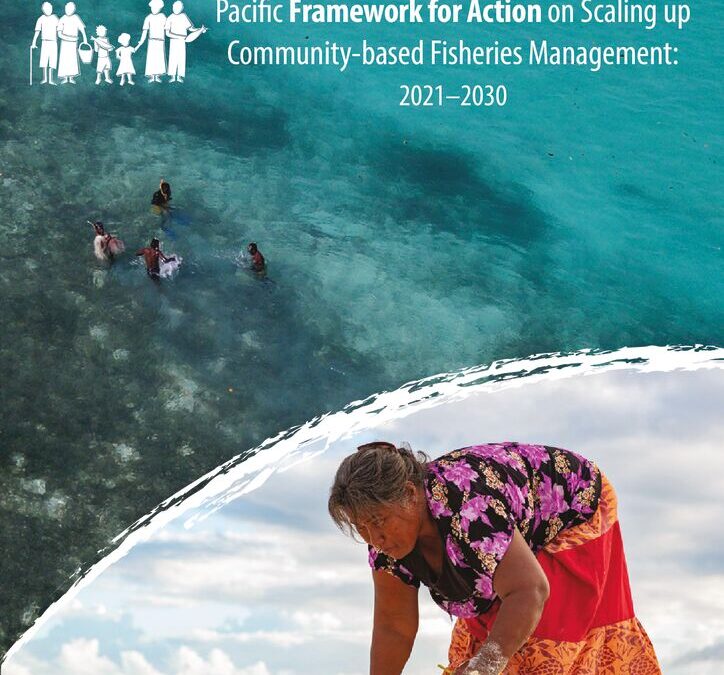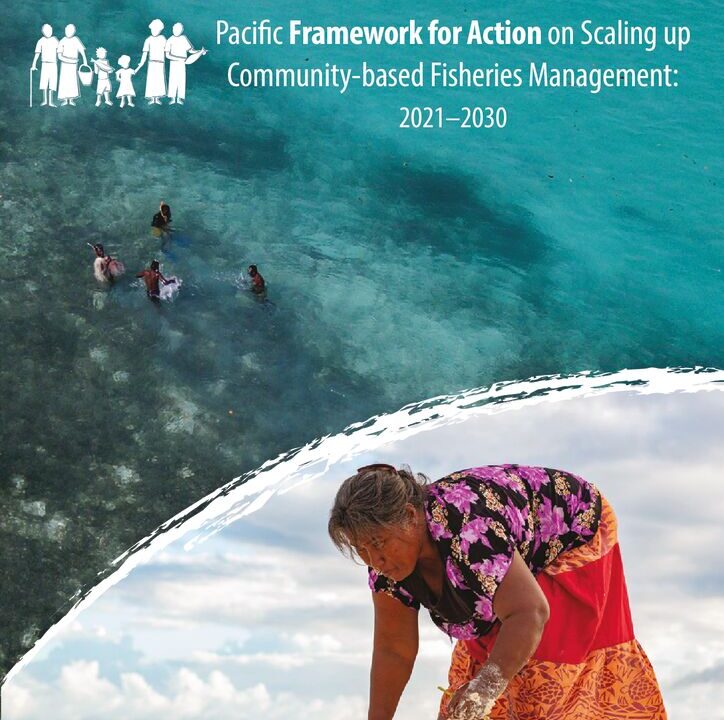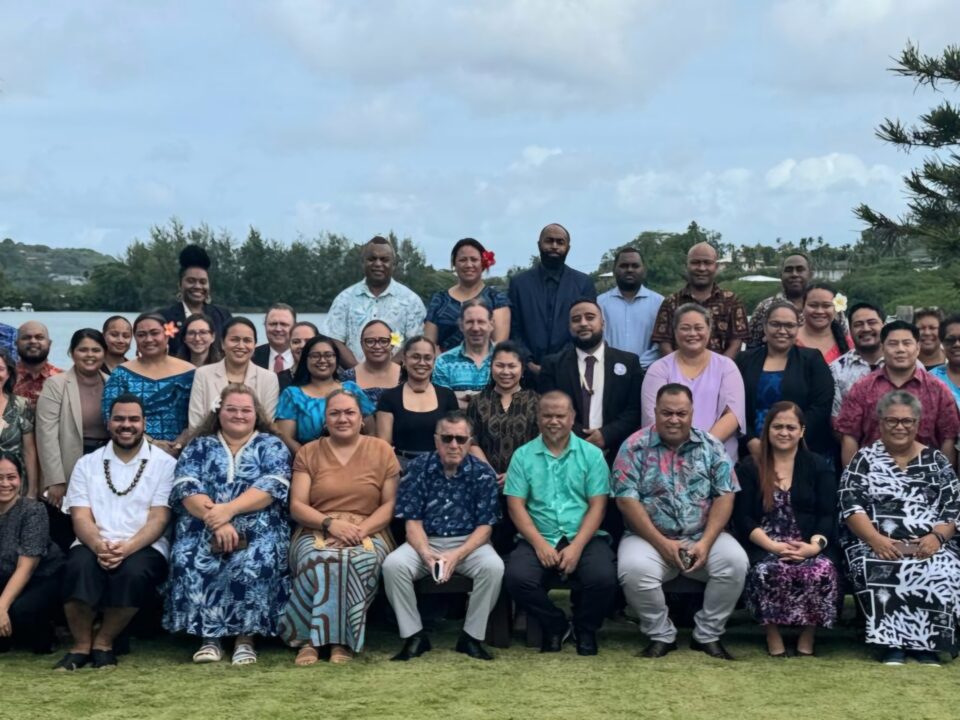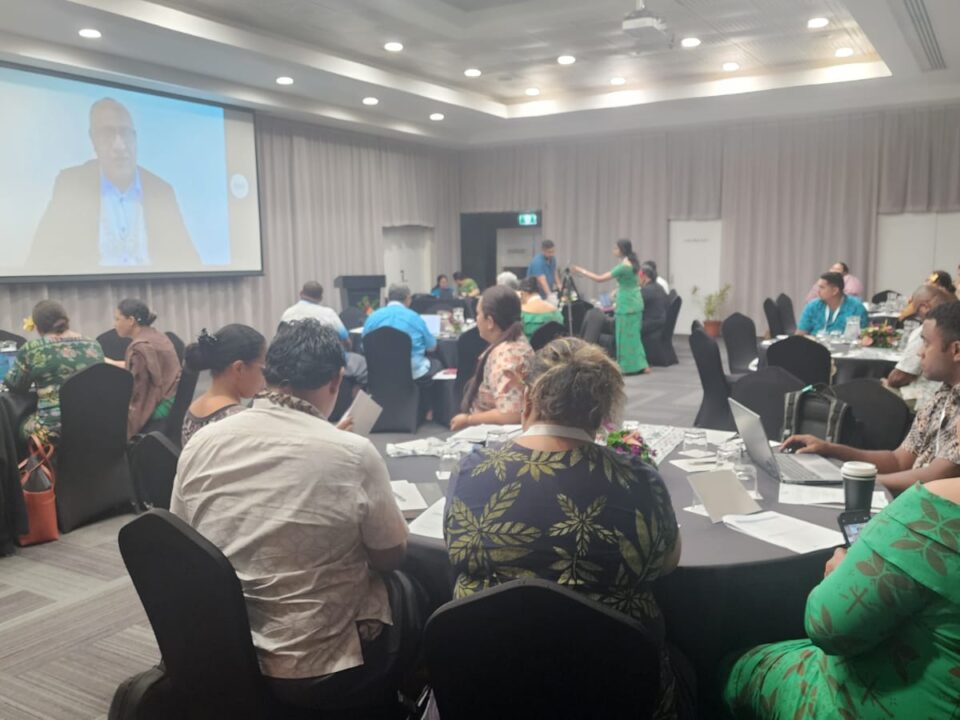
Kia Orana Secretary-General Guterres,
The Prime Minister of Fiji and Chair of the Pacific Islands Forum
and Fellow Leaders
On behalf of the Large Ocean States of the Blue Pacific Continent, I bring you warm greetings from the Cook Islands. Today I am speaking to you from the island of Penrhyn or Tongareva. The northern most island of my country – it is close to the equator 800 miles from the capital island of Rarotonga.
I am here to speak to my people on this island about the steps we have taken to explore our ocean depths for the potential of harvesting the mineral resources that lie in our ocean. Minerals such as cobalt that are in high demand by a world that is seeking to reduce carbon emissions by shifting to renewable energy. I am here to explain to them that we, along with many of our other island communities need to do something to build resilience in our communities.
Resilience measures that will cost far more than we currently earn. Resilience to the impacts of climate change that were not caused by us, but nevertheless are impacting us already in the form of historically severe hurricanes, unprecedented flooding that has reach homes never before flooded, severe droughts especially on the islands like Tongareva where I am today.
So it is somewhat appropriate that while I am here talking to my people about how we need to consider utilising our mineral resources in the deep ocean to fund our the building of resilience to the effects of climate change – I am also going to speak to the UN about ensuring our maritime boundaries are maintained even though it is islands like the one I stand on today that will disappear under the sea as the climate warms – unless the rest of the world does something.
The reality is the Ocean is our major shared resource and it makes sense that we should turn to it to support our economic well-being in the same way that many of our members are now reliant on one of the ocean’s gifts, fish and fisheries. At the same time, of course, we need to be mindful of our obligation to do so in an environmentally sustainable manner such as the Cook Islands is currently doing.
Allow me to get back to the topic at hand.
Our 2021 Pacific Islands Forum Leaders Ocean Statement outlines many pressures on the Ocean, particularly the impacts of climate change.
And so we take this opportunity to express concern over the relationship between climate change-related sea-level rise and maritime zones, including economic and strategic considerations. Our past, present, and future development aspirations are based on the rights and entitlements guaranteed under the 1982 UN Convention on the Law of the Sea (UNCLOS).
Hence, as mentioned by [the Honourable Natano], we marked our 50th Forum Anniversary last month by adopting the Declaration on Preserving Maritime Zones in the face of Climate Change-related Sea-level rise. This signifies our united resolve to safeguard our ocean, and to maintain our place, our people and our prospects, in the face of climate change.
Noting that the impacts of climate change-related sea-level rise were not fully addressed in the negotiations at UNCLOS III, the Declaration represents our good faith interpretation of the application of the Convention and the principles which underpin it. These principles include legal stability, security, certainty, predictability, equity, fairness, and justice.
We present our Declaration as a measured solution to the issue of sea-level rise and its possible legal effects on maritime zones. We welcome Your Excellency’s collaboration and advocacy as we appeal to all UN Member States and the international community to support the Declaration.
Excellencies, our marine resources are being degraded by pollution of all types, including plastic litter. The most effective control measures remain prevention and avoiding waste generation.
We have heard the call for a global treaty on plastics to be negotiated at the UN Environment Assembly, and note that such a treaty will complement our efforts, such as our Cleaner Pacific 2025 Strategy.
Securing the livelihoods of the peoples of the Blue Pacific by ensuring a healthy, productive ocean continues to be impacted by evolving geostrategic interests and geopolitical maneuvering. Indeed, our ocean remains under threat from global nuclear issues as articulated in the 2020 Statement of the States Parties to the South Pacific Nuclear Free Zone Treaty (Treaty of Rarotonga).
The Treaty of Rarotonga represents the Pacific’s flagship instrument on the issue of nuclear proliferation. Born out of Pacific Leaders determination to establish a nuclear free zone in the Pacific, the Treaty espouses our determination to keep our region free of radioactive wastes, and to ensure that the bounty of our sea shall remain the heritage of our peoples and our descendants.
It is with this spirit of determination that we are actively engaging with Japan and international partners to ensure the prevention of any transboundary harm to our Blue Pacific from plans to discharge treated nuclear wastewater into the Pacific Ocean as part of efforts to decommission the Fukushima Daiichi Nuclear Power Plant. Notwithstanding our relations with Japan, we need time to undertake an independent evaluation that will give us the necessary verifiable information to be able to inform our future decisions as a collective.
We invite Your Excellency’s support as we continue to liaise with Japan, and engage with the International Atomic Energy Agency for our concerns to be taken into account.
Excellencies, the global biodiversity crisis is a significant threat to the health and productivity of the ocean. The recognition of the ocean-climate-biodiversity nexus entails that the protection of one cannot be at the expense of the other, and that radical ambition is required to significantly curb GHG emissions.
Last year’s climate-ocean dialogue highlighted that we must all, in particular the UN system, cooperate and coordinate to fight the causes and impacts of climate change and biodiversity decline. As such, we strive for the expeditious finalisation, adoption and entry into force of an international legally binding instrument for the conservation and sustainable use of marine biodiversity of areas beyond national jurisdictions (BBNJ).
Our 2050 Strategy for the Blue Pacific Continent, along with the post-2020 Global Biodiversity Framework, comes at a critical juncture where our region can adapt and envision a future that we all want and deserve, and will certainly provide further momentum to holistically safeguard our rich biodiversity.
We must collectively enhance our understanding of the ocean, strengthen the ocean science and policy interface, and focus on effective implementation of all commitments made and go even further, to ensure a thriving Ocean now, and for the future. In the next few months, opportunities for this are many .
The pandemic has led to major disruptions, reinforcing the need for the Blue Pacific and the international community to renew ambition and action on the Ocean at national, regional and global levels. We will ensure the Ocean remains a central element of our strategic considerations moving forward.
Together with the UN system and the international community, we remain optimistic about our chances for success.
I thank you.



